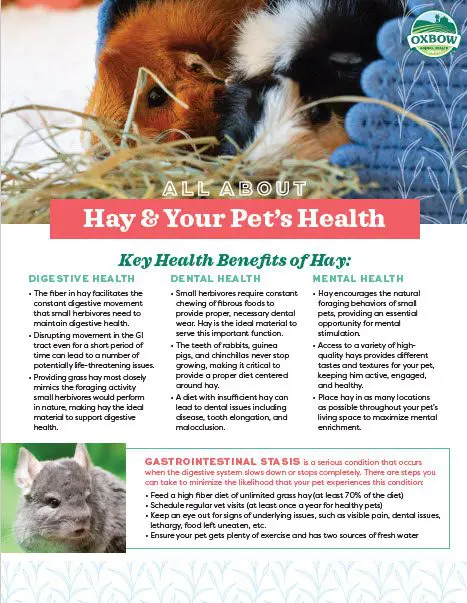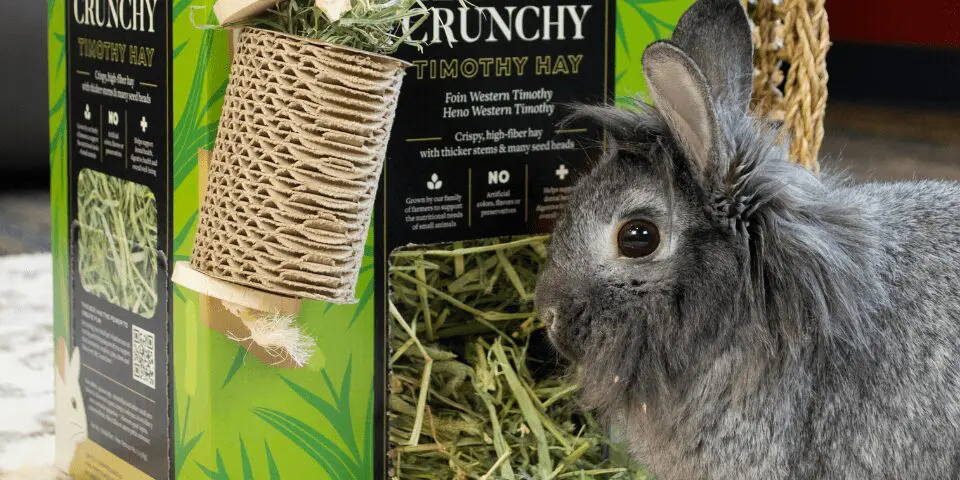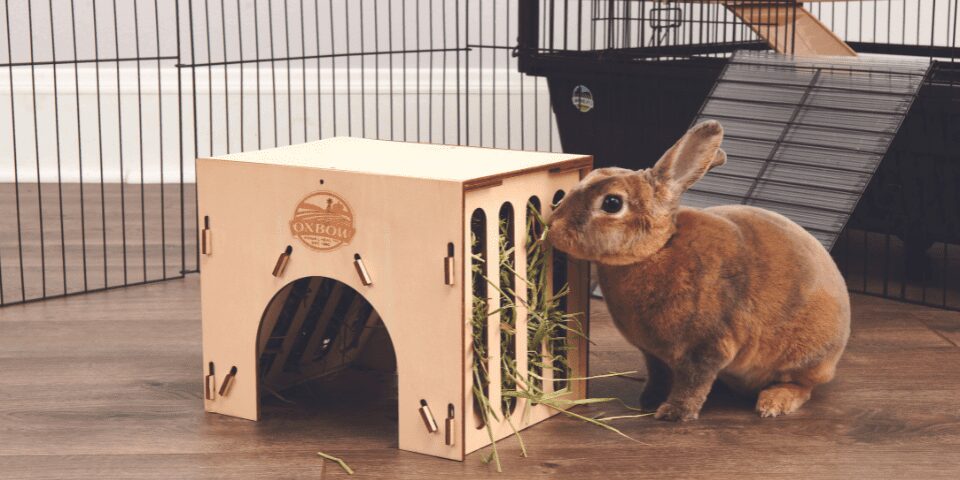Updated: April 10, 2024
As the pet parent of a small herbivore, you know that hay is important to your pet’s health. But, have you ever wondered exactly how hay helps keep your pet healthy and happy? Let’s take a closer look at what animals eat hay, as well as some of the specific functions that hay provides to your pet’s daily health.
See this handout in Spanish | Canadian French
Key Health Benefits of Hay for Small Herbivores
While hay helps keep your rabbit, guinea pig, chinchilla, or other small herbivore well-fed, it also plays an important role in digestive, dental, and mental health.
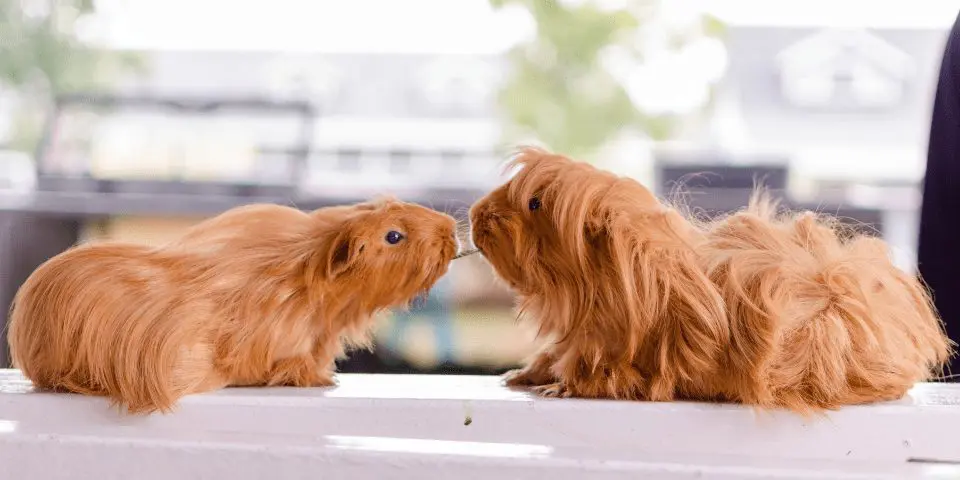
Digestive Health Benefits of Hay
- The fiber in hay facilitates the constant digestive movement that small herbivores need to maintain digestive health.
- Disrupting movement in the GI tract even for a short period of time can lead to a number of potentially life-threatening issues.
- Providing grass hay most closely mimics the foraging activity small herbivores would perform in nature, making hay the ideal material to support digestive health.
Preventing GI Stasis
Gastrointestinal Stasis is a serious condition that occurs when the digestive system slows down or stops completely. There are steps you can take to minimize the likelihood that your pet experiences this condition:
- Feed a high fiber diet centered around unlimited grass hay (at least 70% of the daily diet)
- Schedule regular veterinary visits (at least once a year for healthy pets)
- Keep an eye out for signs of underlying issues, such as visible pain, dental health issues, lethargy, food left uneaten, etc.
- Make sure your pet gets plenty of exercise and has access to two sources of fresh water
Dental Health Benefits of Hay
- Small herbivores require constant chewing of fibrous foods to provide proper, necessary dental wear. Hay is the ideal material to serve this important function.
- The teeth of rabbits, guinea pigs, and chinchillas never stop growing, making it critical to provide a proper diet centered around hay.
- A diet with insufficient hay can lead to dental issues including disease, tooth elongation, and malocclusion.
How Hay Helps with “Open-Rooted” Teeth
Rabbits, guinea pigs, chinchillas, and other small animals have “open-rooted” teeth. These teeth (including both incisors and molars in small herbivores) grow continuously throughout the animal’s life. Without proper dental wear, serious issues can arise, including malocclusion (improper alignment of top and bottom teeth), tooth elongation, and dental disease. Eating hay daily provides small herbivores with the necessary wear to help ensure that teeth do not become overgrown.
Mental Health Benefits of Hay
- Hay encourages the natural foraging behaviors of small pets, providing an essential opportunity for mental stimulation.
- Access to a variety of high quality hays provides different tastes and textures for your pet, keeping him active, engaged, and healthy.
- Place hay in as many locations as possible throughout your pet’s living space to maximize mental enrichment.
DIY Mental Enrichment
To make mealtime more enriching for your pet, stuff hay into hideouts or other “safe to chew” containers, such as paper towel rolls or toilet paper rolls. You can also bury a couple of your pet’s favorite treats in hay and watch them hunt for tasty snacks.
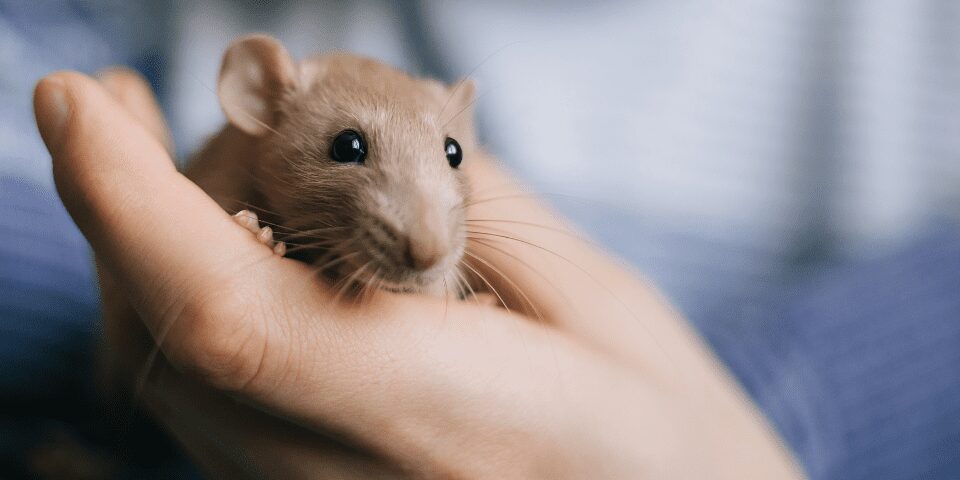
Hay is Not Just for Herbivores
While hay is critical for herbivore wellbeing, other animals can mentally benefit from hay. This forage is a great source of enrichment for birds such as finches and chickens, as well as small omnivorous mammals like hamsters, gerbils, and rats. Enrichment opportunities can include burrowing, nesting, and playing. Mammals may especially enjoy oat hay for its tasty, immature seed heads!
Top Five Reasons to Offer Your Pet a Variety of Hays
1. Hay Helps Prevent Picky Eating
Access to a variety of tastes and textures can expand your pet’s palate and help him manage the natural variability that can occur between bags of hay.
2. Hay Supports Key Nutritional Needs
Fiber is key to small herbivore health. Having access to hay varieties encourages consumption throughout the day, making sure your pet consumes enough fiber to stay healthy.
3. Hay Keeps Mealtime Fun and Enriching
Eating the same meal day after day gets boring! Offering variety keeps pets active, mentally stimulated, and enriched.
4. Hay Strengthens the Human/Animal Bond
Offering your pet a variety of tastes and textures is fun for pet and pet parent alike. Experiment with flavor combinations to discover your pet’s favorites.
5. Hay Encourages Natural Foraging Behavior
In the wild, your pet would spend much of his day foraging for a variety of plant material. Offer multiple varieties of hay to encourage these healthy, natural behaviors.

